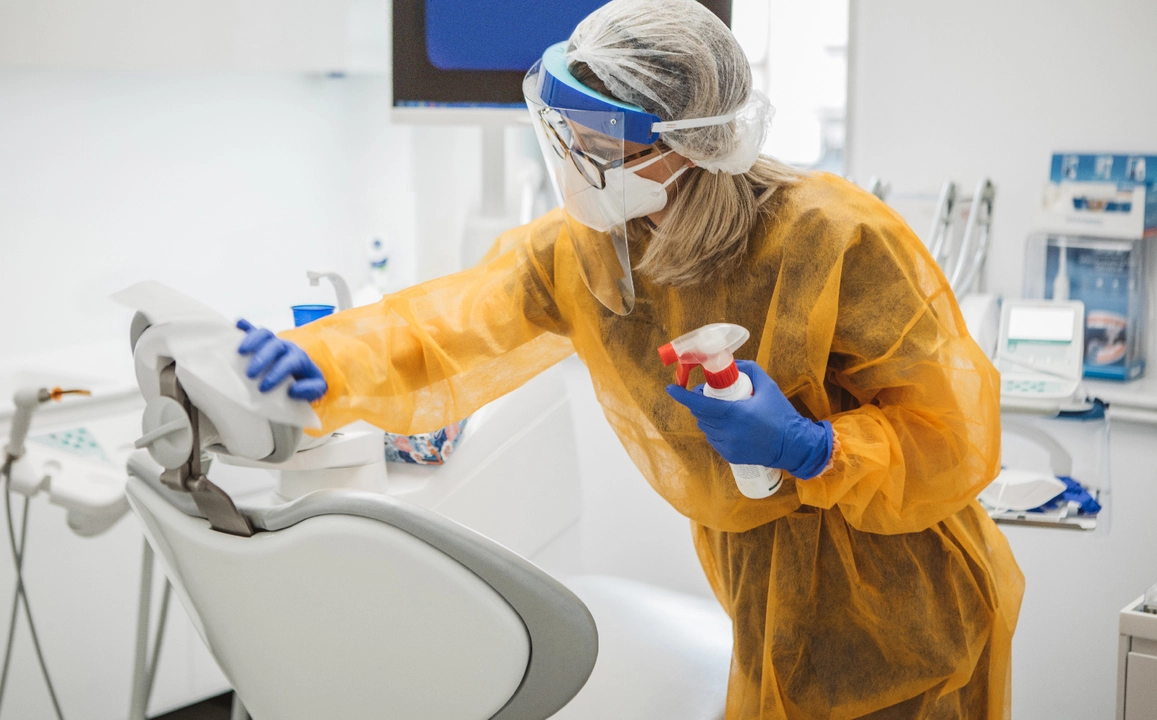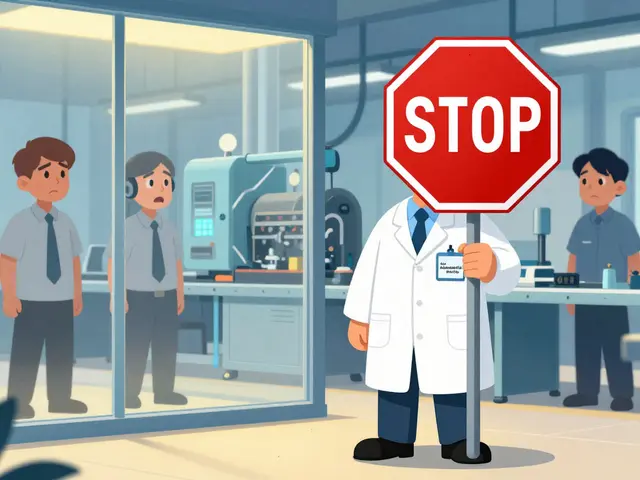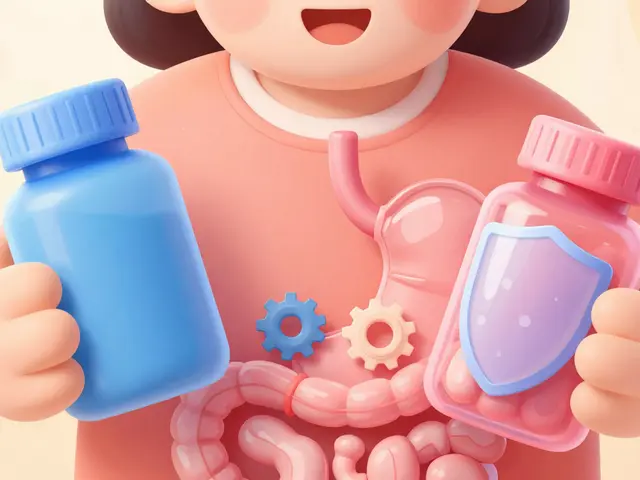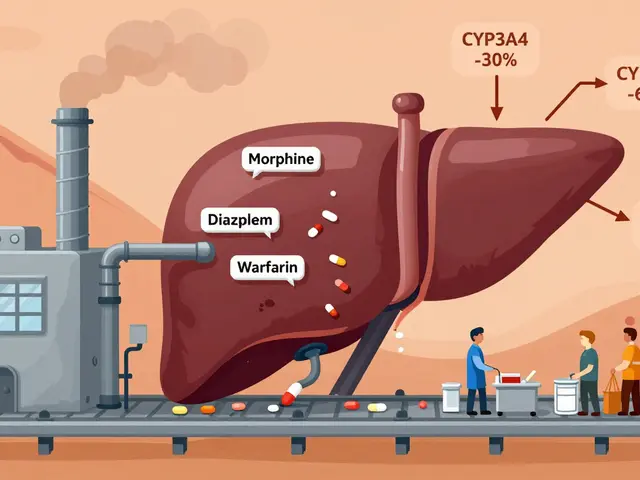Hygiene Protocols You Can Follow Today
Keeping germs away feels like a big job, but the right habits make it easy. Below are practical steps you can start using right now. No fancy equipment—just what most homes already have.
Why hygiene matters in everyday life
Every time you touch a door knob or use a shared bathroom, microbes can hop onto your skin. Good hygiene breaks that chain and stops illnesses from spreading. It also protects people who are more vulnerable, like the elderly or those with weak immune systems.
Easy everyday protocols
1. Hand washing: Wet your hands, add soap, scrub for at least 20 seconds, then rinse and dry. If you’re in a rush, keep a hand sanitizer with at least 60% alcohol nearby.
2. Surface cleaning: Wipe kitchen counters, bathroom sinks, and doorknobs daily with a disinfectant spray. For high‑traffic areas, repeat the wipe down twice a day.
3. Personal items: Don’t share phones, pens, or glasses. If you must, clean them with alcohol wipes before handing them over.
4. Mask use when needed: In crowded indoor spaces, wearing a mask adds another layer of protection. Make sure it covers both nose and mouth snugly.
5. Laundry habits: Wash clothes and towels in warm water whenever possible. Add a cup of white vinegar to the rinse cycle for extra germ kill.
These five moves are simple, cheap, and effective. Stick to them for a week and you’ll notice fewer sick days.
If you work in an office or school, add a quick wipe‑down of shared keyboards and mouse pads before leaving each day. A single disinfecting wipe takes less than a minute but cuts down the risk big time.
When traveling, carry travel‑size sanitizer and disposable wipes. Airplane trays and hotel room switches are hot spots for germs. A quick swipe keeps you safe without missing your schedule.
Remember to teach kids these habits early. Turn hand washing into a game—count the beats of a song or use a timer app. When children enjoy the process, they keep it up longer.
Finally, stay updated on local health guidelines. Sometimes authorities add new steps during outbreaks. Adjusting your routine quickly can protect you and your community.
In my latest blog post, I discussed the crucial role that infection control plays in dental practices. It is essential for maintaining a safe and hygienic environment for both patients and dental professionals. Implementing stringent infection control measures helps prevent the transmission of diseases and ensures proper sterilization of equipment. As a patient, it's important to be aware of the protocols in place at your dental clinic and trust that they prioritize your health and safety. Overall, infection control is a key component in providing quality dental care and promoting the well-being of all involved.






